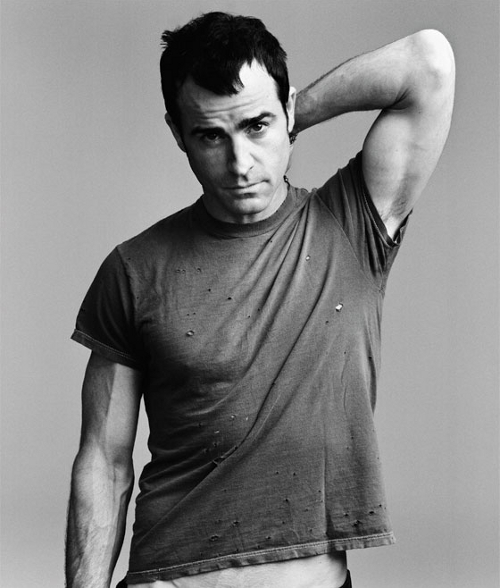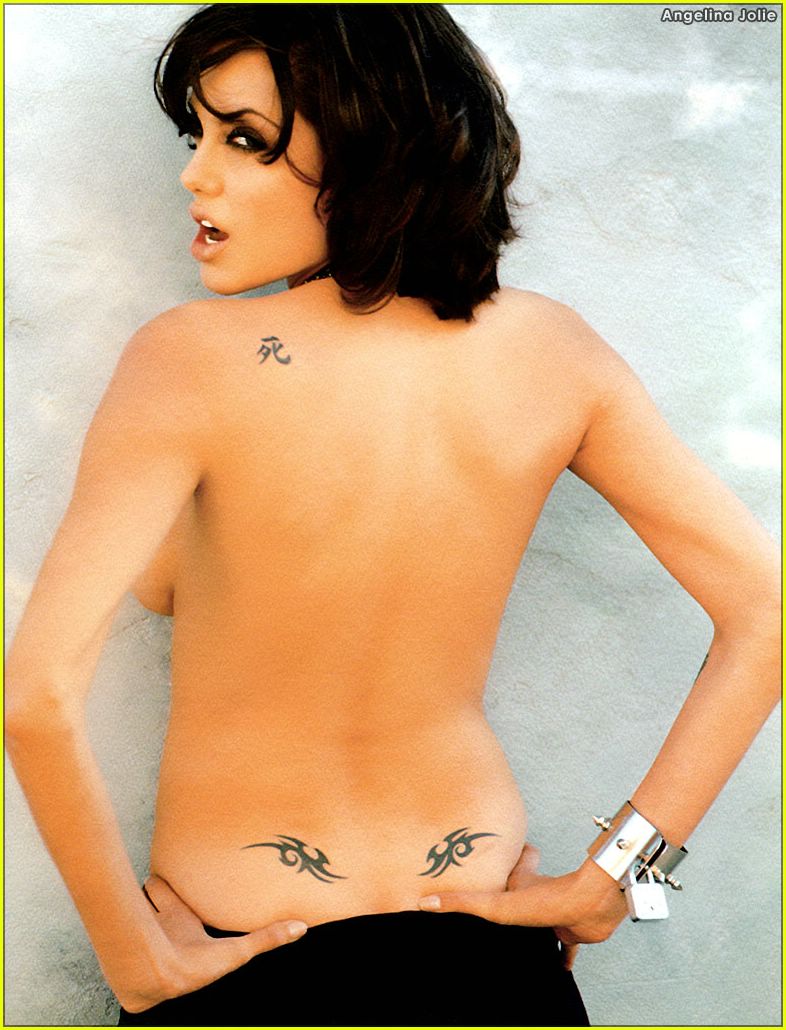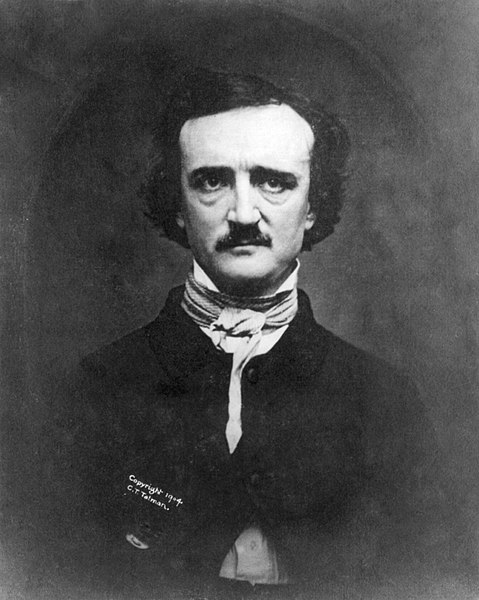A couple of guys at the outset of today's part are playing some kind of gambling thing. On their way to the bookie's, they stop to demonstrate how Tom Rochford, a guy they know (?) saved someone, a man who had been stuck in a drainpipe,
the poor devil stuck down in it, half choked with sewer gas.
They walk on and as they do
M'Coy dodged a banana peel with gentle pushes of his toe from the path to the gutter. Fellow might damn easy get a nasty fall there coming along tight in the dark.
Which I thought was an extreme example of the death that waits everywhere in Bloom's life: slipping on a banana peel, the stock joke, is not funny, it's a "nasty fall" because even funny (?) things are killers in Ulyssesi.
Then there is a break from the death for one of the characters, I don't even know who at this point, it's just all a hodgepodge of people walking around, to tell a story that's prompted by watching a guy buy a book.
There is a guy buying a book, and the walkers comment on how the bookbuyer loves his books, and then one of them mentions the bookbuyer picking up a book about astronomy, and another says
I'll tell you a damn good one about comets' tails,
Which I just assumed was a 1910 off-color reference about women's butts. Only I think I was wrong by about the length of a torso, as this guy launches into a story about a feast where Bloom, remember him, he's the main character and hasn't been around in a while, and Bloom's wife are at the feast, and then after they are all heading out, at
blue o'clock in the morning,
Which is a phrase I really liked and which I only just now realized might refer to "blue balls," given that there has been a party and given what happens next, as the guy says this:
Bloom and Chris Callinan were on one side of the car and I was with the wife on th eother. We started singing...Every jolt the bloody car gave I had her bumping up against me. Hell's delights! She has a fine pair, God bless her. Like that.
Yes. God bless her fine pair!
Also, when the guy says "Like that" Joyce goes on in the paragraph:
He held his caved hands a cubit from him, frowning:
-- I was tucking the rug under her and settling her boa all the time. Know what I mean?
His hands moulded ample curves of air. He shut his eyes tight in delight, his body shrinking, and blew a sweet chirp from his lips.
You know, in case you were wondering how big Bloom's wife's fine pair was or what was going on there.
A cubit, by the way, is generally considered to be the length from your elbow to your hand, sometimes your index finger. It comes from the word for "elbow," but also from the word for "lie down," so Joyce is being very clever, and also extremely generous, with the three cubits' of bosom.
Then there is the joke I didn't get, as the friend finishes up the story:
-- The lad stood to attention anyhow, he said with a sigh. She's a gamey mare and no mistake. Bloom was pointing out all the stars and the comets in the heavens to Chris Callinan and the jarvey: the great bear and Hercules and the dragon, and the whole jingbang lot. But, by God, I was lost, so to speak, in the milky way. He knows them all, faith. At last she spotted a weeny weeshy one miles away. And what star is that, Poldy? says she. By God, she had Bloom cornered. That one, is it? says Chris Callinan, sure that's only what you might call a pinprick. By God, he wasn't far wide of the mark.
What, now? I don't get it at all, but it's funny because Joyce says so, in the next paragraph:
Lenehan stopped and leaned on the riverwall, panting with soft laughter.
I mean, I assume it's a joke at some guy's expense, as I am not completely unaware of the second meaning that could be ascribed to the word "pinprick," but at whose expense? Bloom's? The friend/date rapist?
It made me feel exactly like when I watch the British version of The Office: I know that something, somewhere, is a joke, but I don't know which part, or why, the joke is.
I actually think Bloom was the bookbuyer, though, because after that story, it went back to Bloom's point of view, and he was buying a book. Also, it goes back to death. Bloom is looking at two books, "The Awful Disclosures of Maria Monk" and "Aristotle's Masterpiece," and he thinks:
Crooked botched print. Plates: infants cuddled in a ball in bloodred wombs like livers of slaughtered cows.
Got that? Forget all your levity of feeling up a friend's wife on a drunken trolleyride home. It goes on:
Lots of them like that at this moment all over the world. All butting with their skulls to get out of it.
Which is actually about birth but doesn't seem like that, does it? Not many people liken their newborn kids to the liver of a slaughtered cow.
The bookseller then gives him some other books, and Bloom decides to pick up a little Mommy Porn:
He read the other title: Sweets of Sin. More in her line. Let us see:
He read where his finger opened:
-- All the dollarbills her husband gave her were spent in the stores on wondrous gowns and costliest frillies. For him! for raoul!
Yes. This. Here. Try.
-- Her mouth glued on his in a luscious voluptuous kiss while his hands felt for the opulent curves outside her deshabill?
Yes. Take this. The end.
It's not "the end" exactly, but we've all been there, right, standing in the line at the grocery store ready to pick up that Aristotle book but you just happen instead to pick up a romance, too, and next thing you know you're lost in... let's say thoughts... and buying the porn.
We've all been there, but no need to be ashamed because, thanks to Joyce, you're just being literary. It's like buying porn qualifies you for a B.A. in English, now.
Anyway, it is not long before we're back to death. Bloom reads some more, imagines some sex, and then there's a brief interval as an old lady leaves court and then the bookseller is coughing like he's dying and Bloom watches him hawk up a massive loogy:
He raked his throat rudely, puked phlegm on the floor. He put his boot on what he had spat, wiping his sole along it, and bent, showing a rawskinned crown, scantily haired.
That guy needs a marketing guru, someone who could tell him that puking phlegm onto the floor isn't possibly the best way to run a booksellers. Look what happened to Borders when they tried that!
I tried to go see if "Sweets Of Sin" was a real book, because my anniversary is coming up and nothing says romance like outdated porn with a literary twist to it, but I couldn't find it anywhere on Google, which effectively means it does not exist, as all the results are of literary scholars quoting liberally from this part of Ulysses, imagine that!
(And imagine someday if Fifty Shades Of Gray is deemed a literary classic so that someone a hundred years from now is blogging about the 'classics' and giving Fifty Shades this treatment? Will Fifty Shades' more explicit [I assume, I haven't read it] descriptions seem as quaint as deshabill and the comet's tails? Will that blogger blog using only his mind? Will humans have colonized the stars by then?)
(The answers are Yes, yes, and seven.)
The Awful Disclosures of Maria Monk was, it turns out, a real book. Here is the description of it:
The Awful Disclosures of Maria Monk, as Exhibited in a Narrative of Her Sufferings During a Residence of Five Years as a Novice and Two Years as a Black Nun, in the Hotel Dieu Nunnery in Montreal was first published in January 1836. Its coming was much anticipated, having been announced some months prior in the nativist newspaper, the American Protestant Vindicator. The book was written by a former nun who had escaped from the Hotel Dieu nunnery in Montreal. It promised to expose the iniquity of the Catholic convent system. The book was as sensational as it promised to be, and immediately became a rallying point for the nativist movement. According to theProtestant Vindicator, by the end of July, 1836 it had already sold over 26,000 copies. By the start of the Civil War, it would have sold 300,000 copies. It was reprinted, under varying titles by various publishing houses, at least half a dozen times just in 1836, and continued to be reprinted well into the twentieth century. A second work, Further Disclosures of Maria Monk, sold well also, and was reprinted several times, along with various other works refuting or supporting her claims. Quite an industry was born out of Maria Monk's story.
We are living in an age when people both decry and celebrate "reality." Reality TV and memoirs dominate the pop culture, even inventing subgenres, such as the "faiulre" memoir popular among authors right now (The New Yorker reviewed three or four last week, nonfictiony books by authors who had failed to get published or failed to get more published, and then published a book about their failure to publish, which is the literary exact equivalent of Doritos planning to make a Doritos chip flavored like Doritos Tacos Locos, which are of course tacos flavored like Doritos, so now you can buy chips flavored like tacos flavored like chips to eat while you read a book by an author writing about how he couldn't get a book published, all of which means time and space have been inverted. CURSE YOU HIGGS BOSON!
But back in Bloom's day The Awful Disclosures of Maria Monk spawned an industry of tell-all revelatory reality, including forced sex with priests:
And, like Jonathan Frey and that "Three Cups of Tea" author, Maria is a liar. That site says:
The Superior now informed me that having taken the black veil, it only remained that I should swear the three oaths customary on becoming a nun; and that some explanation would be necessary from her. I was now, she told me, to have access to every part of the edifice, even the cellar, where two of the sisters were imprisoned for causes that she did not mention. I must be informed that one of my great duties was to obey the priests in all things; and this I soon learnt, to my utter astonishment and horror, was to live in the practice of criminal intercourse with them.
The first thing you have to understand about the Awful Disclosures is that they are not true.
And goes on to say how Maria Monk's story was true, kind of, in that she had an awful life, beginning, the site says, with
a brain injury suffered when Maria was little more than a toddler: a slate pencil was rammed into her ear, penetrating her skull. From that time on, according to her mother's testimony, Maria was uncontrollable and subject to wild fantasies. Her only known contact with a Catholic institution was as an inmate of the Magdalene asylum in Montreal. When it was discovered that she had become pregnant while resident in the asylum, she was asked to remove herself from that institution.
Some of that came from an affidavit from her mother.
Anyway, Bloom is reading those books and considering between buying Awful Disclosures and the Aristotle book, but decides that he will buy the Sweets of Sin, and all of that happens just after Bloom's friends describe him as a real artsy guy:
He's a cultured allroundman, Bloom is [the friend said] seriously. He's not one of your common or garden... you konw... There's a touch of the artist about old Bloom.
So Bloom's got his friends fooled, it seems. But honestly, given a chance, wouldn't we all read Awful Disclosures or Sweets of Sin over Aristotle? I know I would.



















